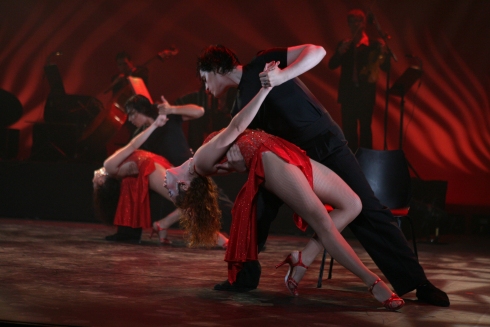Amada Silva, 69, is the founder and co-ordinator of the Latin American Golden Years Day Centre in Lambeth, south London. Having fled Pinochet’s Chile in 1976 before coming to the UK and eventually setting up the centre, Amada’s life story is fascinating.
In Chile, she worked as an MP for the Communist Party, and her husband, Fernando Vergara, was a bodyguard for Salvador Allende’s opposition to Pinochet before Allende was assassinated in 1973; both were dangerous careers under Pinochet’s military dictatorship. But just how dangerous was proved to Amada one morning in 1976, when her family received a tip that the military was coming for them that afternoon. “We had been worried for some months that the military would come but I didn’t believe it at first. I kept saying ‘no, I will stay where my people are’ but then someone more senior approached me saying it was true, and we had no choice. We didn’t have time to get many of our belongings. We had to just jump in the car and go. It was a close get away; I saw the military arrive at the house. It was a horrible moment but we got out of it.” Continue reading





How will Argentina’s Cristina Fernández de Kirchner fare without her political mentor?
1 NovAs hundreds of mourners took to the streets of Buenos Aires last week to commemorate former Argentine President Néstor Kirchner, the future of Argentine politics lay in the balance. Kirchner’s death amounts to a political vacuum in a country that has been governed since 2001 by a power-sharing couple, criticised in the past for using their alliance to abuse presidential term limits.
Despite undergoing two major operations this year, Kirchner’s death shocked the public as the 60-year-old was widely expected to stand for office again in 2011. With only a weak and fragmented opposition to the Kirchner duo, it was likely they could have alternated the presidency for the foreseeable future.
But not only does the loss of Kirchner highlight the lack of organised opposition; it throws an unwelcome light on the government of his widow and current President Cristina Fernández de Kirchner.
Fernández de Kirchner succeeded her husband as President in 2007 in a campaign that many believe he manufactured in order to resume the presidential role the following term. Despite strong economic growth and social progress under her leadership, Fernández de Kirchner has come under criticism from observers who perceive her as nothing more than her husband’s puppet. Continue reading →
Tags: Argentina, Cristina Fernandez de Kirchner, Hector Timerman, Matthew Campbell, Nestor Kirchner, Sunday Times, Sylvina Walgar